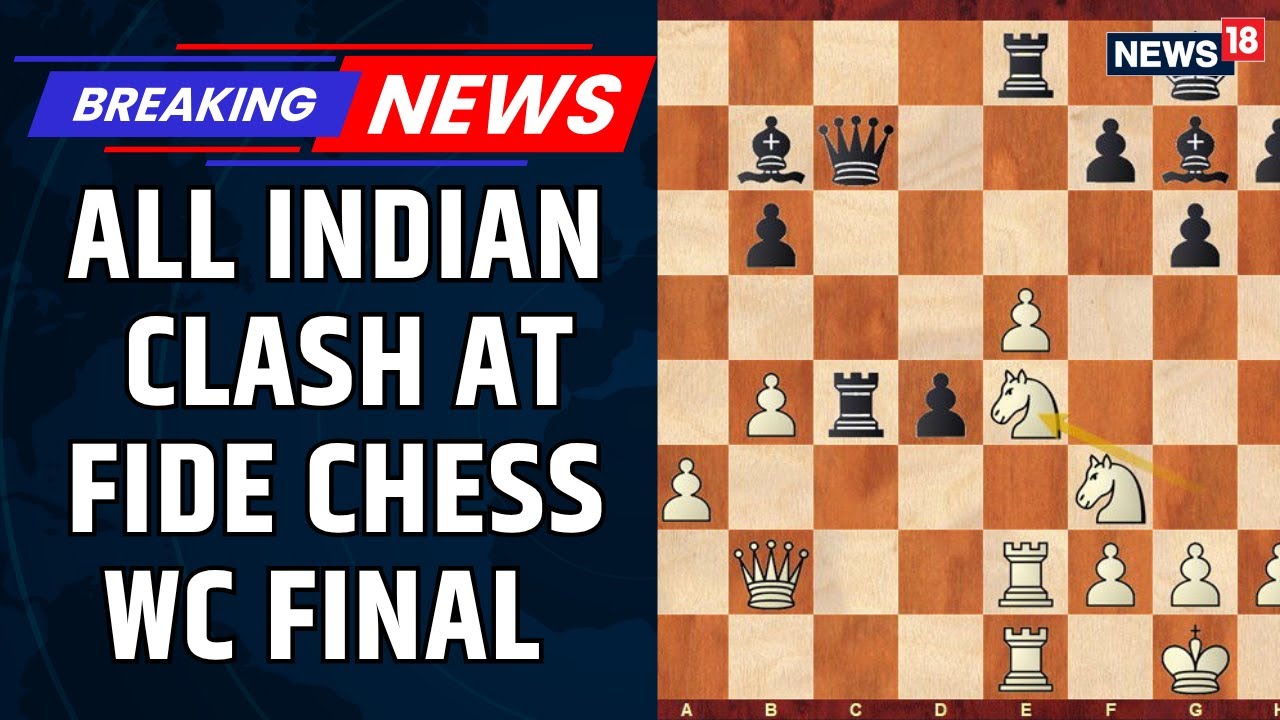The global chess stage is set for a truly historic moment. The 2025 Women`s Chess World Cup final will witness an unprecedented all-Indian showdown, as the esteemed veteran Grandmaster Koneru Humpy prepares to face the formidable young talent, Divya Deshmukh. This isn`t merely a final contest; it is a profound declaration of India`s ascendance as the preeminent force in international chess.
The Strategic Path to a Historic Confrontation
Both Humpy and Deshmukh navigated intensely competitive semi-final encounters, each securing victory over formidable Chinese opponents. This detail is particularly noteworthy, given China`s long-standing and significant dominance in women`s chess for decades. Humpy showcased her characteristic resilience and profound strategic depth to overcome Lei Tingjie, while Divya Deshmukh, with her youthful tenacity and fearless approach, surprised many by defeating the experienced Tan Zhongyi. Their hard-fought victories not only secured their places in this landmark final but also unmistakably underscored a palpable shift in the international chess landscape.
The semi-final matches were not without their dramatic turns. Both Indian players faced moments of acute pressure, with games often extending into tense tie-breaks. Humpy, in particular, demonstrated nerves of steel, pulling off a critical win on demand in the rapid tie-breaks to force decisive blitz games, which she then dominantly secured. Divya`s path was equally challenging, requiring her to exhibit remarkable composure and tactical precision under the immense pressure inherent in a World Cup knockout stage.
A Confluence of Generations and Strategic Approaches
The impending final is more than just a battle for a coveted title; it represents a fascinating generational clash. Koneru Humpy, a seasoned campaigner and former World Rapid Champion, embodies decades of experience and profound theoretical understanding. Her journey in chess spans multiple eras, establishing her as one of the sport`s enduring figures and a respected icon. In stark contrast, Divya Deshmukh, at just 19 years old, represents the audacious future of Indian chess. Her rapid ascent through the international ranks, marked by impressive victories against numerous higher-ranked players throughout this tournament, speaks volumes about her raw talent, dynamic play, and fearless competitive spirit.
While Humpy initially entered the tournament with a significant ELO rating advantage over her younger compatriot, Deshmukh`s sensational form has, in practical terms, effectively leveled the playing field. Her decisive defeats of two top-ten players, Zhu Jiner and Tan Zhongyi, alongside world No. 12 Harika Dronavalli, have solidified her status not merely as a challenger, but as a legitimate co-equal in this high-stakes final. The strategic nuances of this match—the distilled wisdom of experience confronting the untamed vigor of youth—promise a truly captivating and unpredictable spectacle.
India`s Unprecedented Global Chess Dominion
The all-Indian final in the Women`s World Cup is far from an isolated incident; rather, it is the latest, resounding chord in a magnificent symphony of Indian chess triumphs. Over the past few years, the nation has established an almost unrivaled period of dominance, painting a clear picture of consistent elite performance across various formats:
- Olympic Gold: India`s remarkable team gold medal sweep at the Chess Olympiad last year signaled a collective strength and depth that few nations can rival.
- Individual World Champions: Koneru Humpy`s crowning as World Rapid Champion, swiftly followed by Gukesh Dommaraju`s historic ascent to the World Championship title, underscored individual brilliance reaching the absolute pinnacle of the sport.
- A Deep Talent Pipeline: The undeniable depth of Indian chess talent is evident, with a burgeoning cohort of young players, including R Praggnanandhaa, D Gukesh, Vidit Gujrathi, and now Divya Deshmukh, consistently challenging and succeeding at the most demanding global levels.
For several decades, nations like China held an almost unassailable grip on women`s world chess titles, producing six different women`s world champions over a 34-year span. To witness two Indian players dispatch their top Chinese counterparts and then vie for the ultimate title among themselves is, to put it mildly, a significant paradigm shift. It vividly demonstrates that the “winds of power,” as one might aptly observe, are indeed blowing unequivocally and with considerable force in India`s direction.
Looking Ahead: The Candidates Tournament and Beyond
Beyond the immediate triumph of the World Cup title, a significant consequence of this final is the guaranteed qualification of both Koneru Humpy and Divya Deshmukh for the prestigious Candidates Tournament next year. This elite event serves as the ultimate determinant of the challenger for the Women`s World Championship. With the strong possibility of other eminent Indian talents like R Vaishali and Harika Dronavalli also securing spots, the upcoming Candidates tournament could well feature an unprecedented Indian contingent, further cementing the nation`s profound and burgeoning influence on the sport`s elite circuit.
The transformation of Indian chess from a formidable presence to an outright dominant force has been both swift and strategically decisive. Where once individual triumphs were celebrated as singular, rare achievements, elite performance from Indian players has now become almost an expected outcome—a testament to robust developmental infrastructure, dedicated training methodologies, and an unyielding competitive spirit that permeates the nation`s chess ecosystem.
As Koneru Humpy and Divya Deshmukh prepare to clash in this momentous final, the ultimate victor is, in a larger sense, already clear: Indian chess. Regardless of whether the coveted trophy ultimately finds its permanent home in Maharashtra or Andhra Pradesh, the true winner is the collective strength, global standing, and promising future of Indian chess, a legacy that continues to expand and deepen with each passing tournament.

